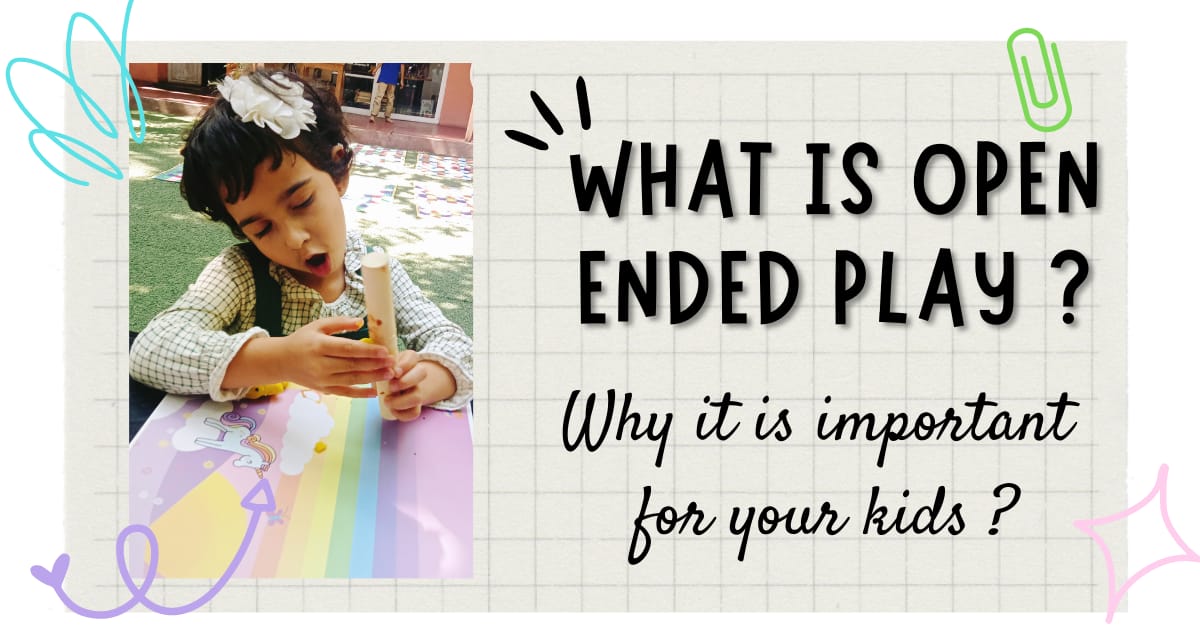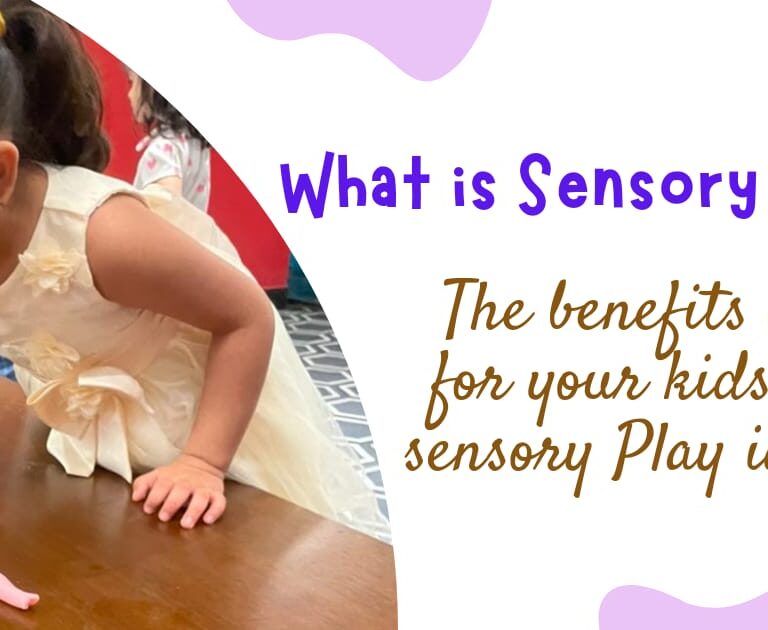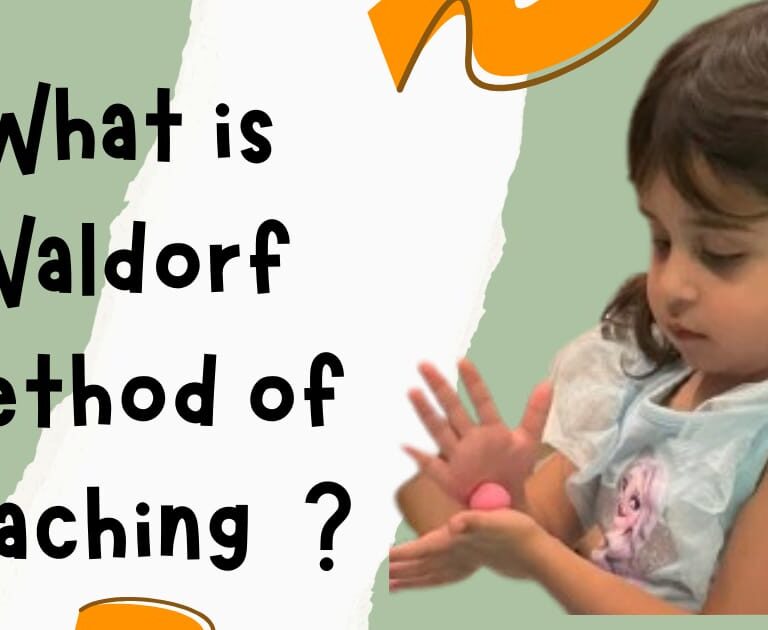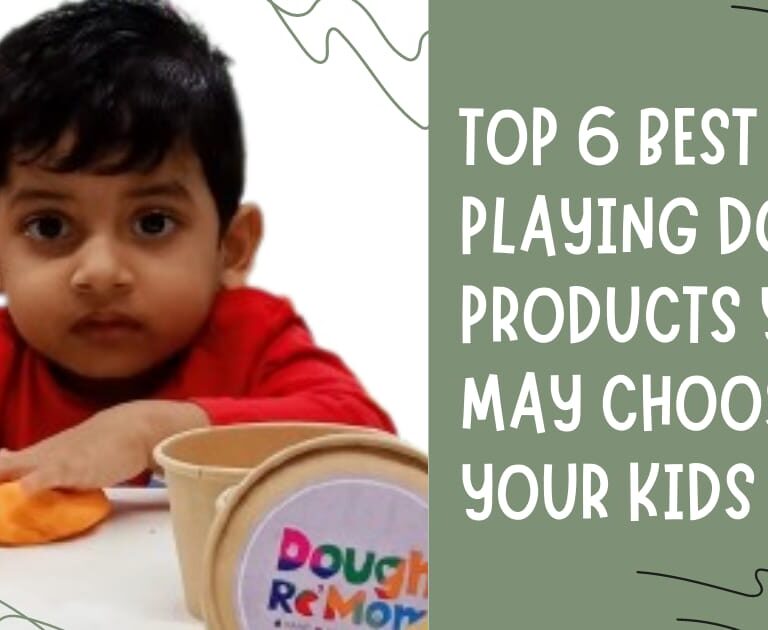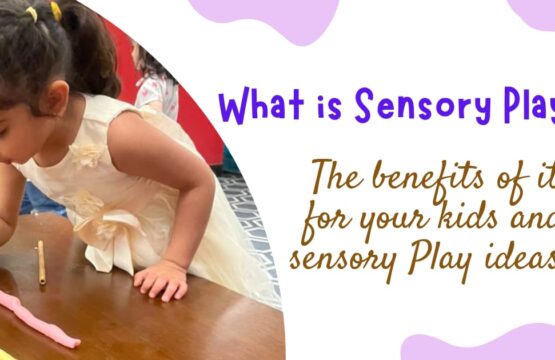What is Open ended play?
During early childhood, children engage in a variety of types of play. Children who engage in open-ended play have the freedom to make choices without being restricted by rules or limitations. This kind of play allows children to make their own decisions and there are no rules. Process is more important than product, as there are no specific outcomes. It is about having fun and developing a love of learning through this. Providing children with this type of learning tools can promote this.
The importance of play for the development of young children cannot be overstated. Through play, children explore their surroundings, learn new skills, and solve problems. They also develop communication and cooperation skills, which are essential for social development. Children benefit most from open-ended play in early childhood. Without any specific goals in mind, children can explore and use their imaginations. Construction toys can be played with, pretend play can be played with, or nature can be explored. During this kind of play, children can express their creativity, experiment with different ideas, and resolve problems on their own.
Why this kind of play is important for your kids
Early childhood development depends heavily on open-ended play. Instead of restricting children with guidelines or rules, it promotes their imagination and creativity. By acting out pretend scenarios, children can also learn problem-solving skills. By doing so, they are able to develop their vocabulary skills as well as their social-emotional skills. This type of play encourages children to engage in (and stay engaged in) play and a love of learning in them.
Benefits Of Open Ended Play for your kids
- It promotes your kid’s physical development – Playing open-endedly supports children’s cognitive and physical development. When children play outdoors, they develop gross motor skills by running, jumping, and climbing. The more they use their bodies, the stronger, more coordinated, and more balanced they become. Open-ended play promotes fine motor skills as well. The fingers and hands are required to use small muscles when building with blocks or threading beads. When children play like this they develop dexterity and control needed for tasks like writing and using scissors.
- This helps to improve academic skills – This kind of activity is associated with higher academic performance, according to a number of studies. The school performance of children who participate in this activity is better than those who do not. Among preschoolers who engaged in more pretend play, better social skills were found, as well as a higher likelihood of academic success in later life. This was associated with better problem-solving skills among kindergarteners.
- It helps to develop important life skills for your kids – Playing with action figures or dolls, making forts out of blankets and pillows, or pretending to cook dinner in a play kitchen are all examples of open-ended play. Children develop important life skills through it, even though it may seem like simple child’s play. Their skills such as communication, cooperation, and problem-solving are enhanced. A child might pretend that a stick is a magic wand or use a block as a toy car. By creating new stories and worlds, they are using their imaginations. Their creative thinking skills will help them in school and beyond as they engage in this type of play!
Now let us have a look at some more benefits
- It helps to improve the language – Open-ended play also supports language development in early childhood. Playing pretend or making up stories allows children to come up with new words and phrases. The purpose of this is to help them expand their vocabulary as well as to help them learn how to construct sentences. Furthermore, it allows children to practice communicating in different ways.
- It helps to improve the and understand the emotional aspects – Children can also express their emotions through open-ended play. It is not uncommon for children to act out their emotions when they feel sad, mad, or scared. In pretend play, children get to explore different scenarios and discover how they would react to them.
- It makes aware about the social requirements for your kids – Young children also benefit from open-ended play. This is because it promotes language and emotional development. Social skills can be practiced by children through play. As part of these skills, we need to take turns, share, and cooperate with each other. Playing together with other children might involve taking turns being the leader or following someone else’s lead. It is also possible for them to work together on building something or solving a problem. As a result of these experiences, children learn how to cooperate with others and how to be a part of a group.
Conclusion – Playing with play dough set is one of the best example of this type of learning for your kids. DoughReMom brings a wide variety of play dough kits for your kids to make their play time more enjoyable and skillful as well. Now lets give them a chance to be more creative and help them to improve their creativity, social, emotional and other skills.

